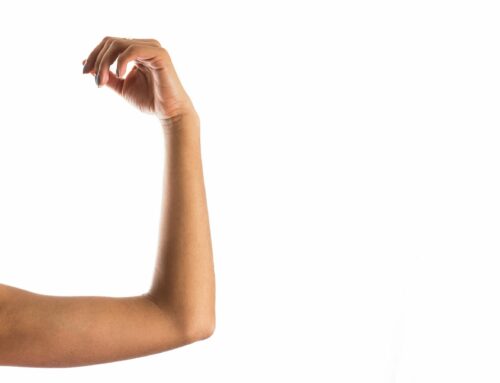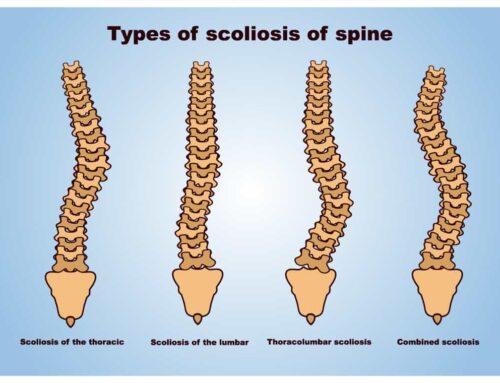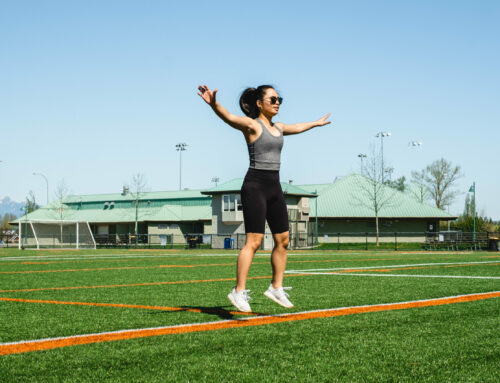tension headache will occur due to stress or overloading of the muscles around the neck and scalp. According to Headache Australia, tension headache is usually felt on both sides of the head. It is a pressing or tightening sensation rather than a throbbing headache and is not made worse by activity or accompanied by nausea. Perhaps it is that dull aching at the base of your head after you have been staring at the computer all day? Headaches are so common and so misdiagnosed. More and more research is pointing at the neck as the main cause of headaches.

headache
The top 3 joints of the neck specifically can cause severe headaches. Often termed ‘migraines’ by people. It can get worse with bright lights, noise or even chocolate! Unbelievable isn’t it? The muscles of the neck get tight due to overuse or to protect swollen joints. This will in turn start to irritate the nerves that supply the muscles of your head causing headaches.
Causes of a tension headache:
How can Physiotherapy help tension headache?
Physiotherapists at Get Better Physiotherapy literally mobilize the joints i.e get more movement into the joints of the neck. Thus, improving the circulation in the area and reducing pain. This also improves the mobility of the joints. We then massage the muscles around the neck to help relieve tension. This helps to reduce the irritation of nerves that cause headaches.
Once the pain is under control, we show you postural exercises to help maintain the correct posture. The exercises also strengthen the ‘core’muscles of the neck. Thus, helping in long term management.





